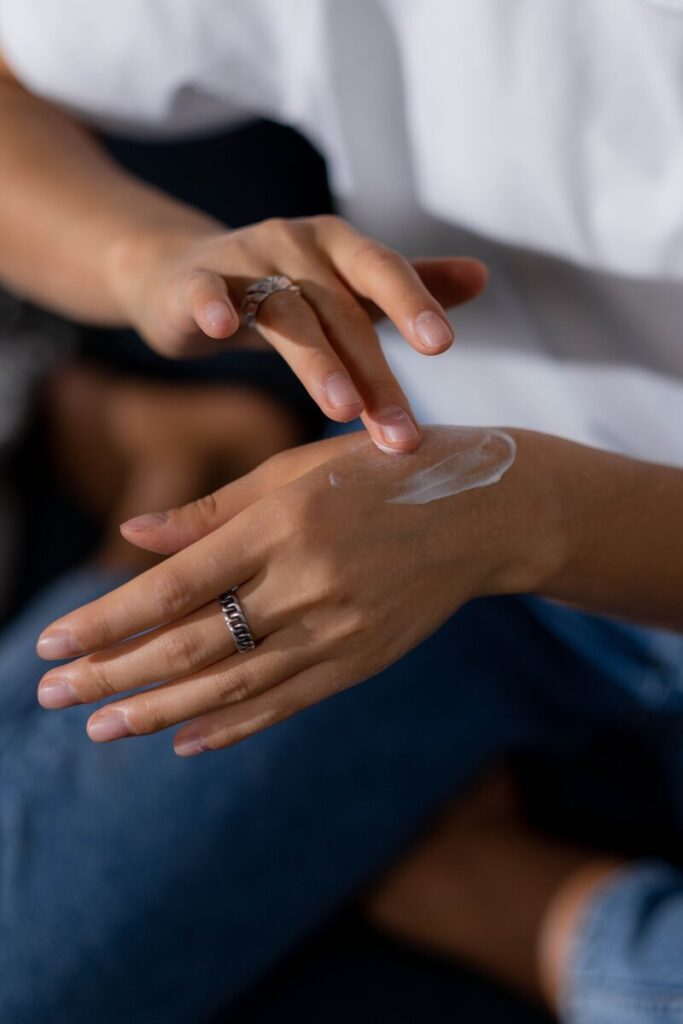If you’ve ever dealt with a chronic inflammatory skin condition like psoriasis or atopic dermatitis, you know just how challenging it can be to find effective treatment. Many of the medications used to manage these conditions can come with concerning side effects, leaving patients feeling frustrated and discouraged. However, there’s a new player in the field that is changing the game: the Janus Kinase (JAK) family! But do you know JAK?
Let’s discuss!
Did you know that JAK inhibitors get their name from Janus, the Roman god of duality?
JAK is a group of paired proteins that are important in working within the cell to trigger inflammation and relay signals from the outside. JAK inhibitors work to inhibit these enzymes and essentially modulate our immune response thereby decreasing inflammation. The best part? This is a targeted therapy so that patients’ overall immune systems are still otherwise intact whereby they can still fight off infections and other dangerous stimuli!
What skin conditions benefit from treatment with JAK inhibitors?
JAK inhibitors have been found to be effective in the treatment of several chronic inflammatory skin conditions:-
Psoriasis
Atopic Dermatitis (Eczema)
Hidradenitis Suppurativa
Alopecia Areata
Vitiligo
Psoriatic Arthritis
Rheumatoid Arthritis
JAK inhibitors are used in patients with skin and other conditions where the immune system is overactive and causing damage. Immunosuppressive drugs like steroids, methotrexate, and cyclosporine have been traditionally used to treat such conditions, but they have side effects such as increased risk of infections and the need for monitoring. JAK inhibitors can target the immune response without harming the entire immune system, giving dermatologists a more precise tool for treating these conditions.
But are they safe?
Yes, studies have shown that unlike other drugs used in the past to treat similar conditions, JAK inhibitors do not typically cause general immunosuppression. This is because these medications specifically target a particular pathway in our cells.
Most common side effects include:
- Common cold
- Headache
- Acne
- Nausea
- Ear infections
It’s important to understand that JAK inhibitors differ from each other, and the route of administration (oral or topical) can affect their effects. However, it’s worth noting that this medication class carries a black box warning from the FDA, suggesting a higher risk of infections such as tuberculosis.
Hang on a second, don’t panic just yet! Let’s first take a closer look at how we got here. So apparently, this cautionary statement was triggered by a study that monitored rheumatoid arthritis patients for a decade, who were taking tofacitinib orally along with other known immune suppressors, and showed a higher rate of infections among this group. But don’t worry, subsequent research involving both topical and oral JAK inhibitors has failed to replicate these findings. Hopefully long term studies will clear up any confusion about the increased risk of infection!
Considering the chronic nature of these conditions, not seeking treatment may actually put patients in greater danger. However, in the world of dermatology, there’s a collective exhale of relief as we now have great treatment options for patients aged 12 and above struggling with stubborn inflammatory skin conditions. These patients no longer have to suffer as there are now beneficial treatments available.
If you’re struggling with an inflammatory skin condition, don’t just suffer in silence -talk to your dermatologist to see if a JAK inhibitor could do the trick,










